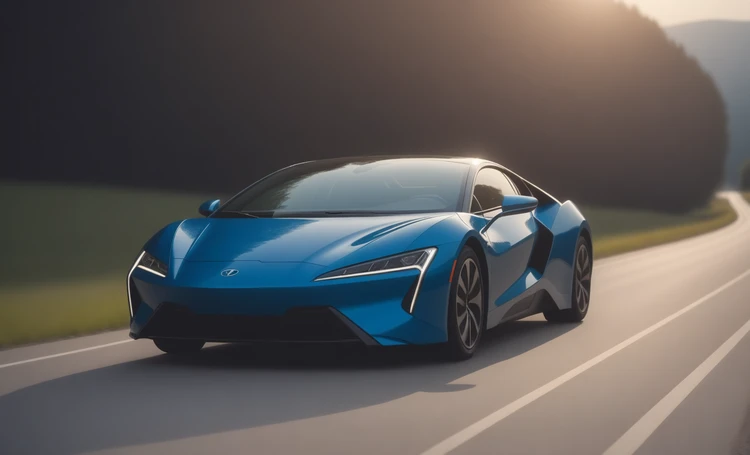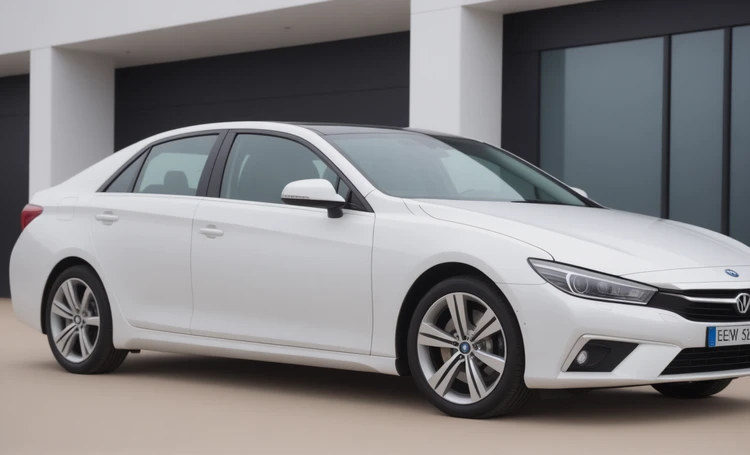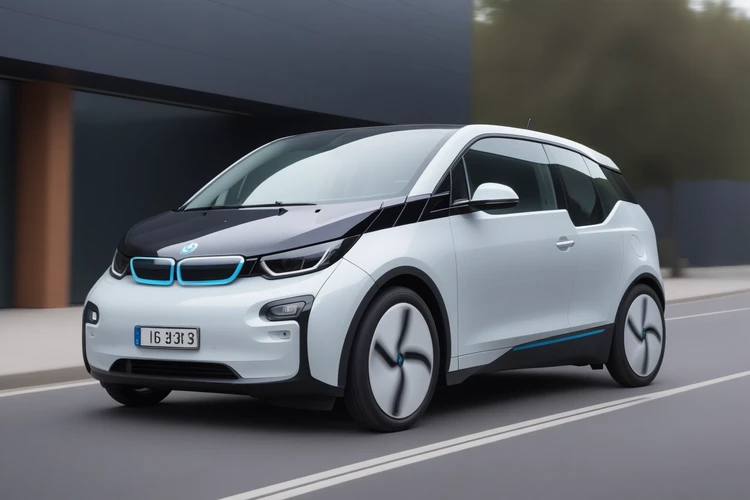🌿🚗 Hybrids: fuel economy and environmental friendliness in one bottle
Every day more and more car enthusiasts in Germany, America and Europe are paying attention to hybrid cars. These vehicles have become the ideal choice for those who want to reduce their fuel costs and reduce their carbon footprint. Check out the best hybrid models here to appreciate all the benefits of these innovative cars.
🌱 Fuel economy: how do hybrids make this possible?
Engine combination
Hybrids use a unique combination of gasoline and electric engines. The gasoline engine operates at high speeds when it is most efficient, while the electric motor assists with acceleration and city driving where traditional engines are less efficient.
Regenerative braking
One of the key features of hybrids is regenerative braking, which allows energy to be returned back to the battery when the vehicle slows down. This significantly improves overall energy efficiency and reduces fuel consumption.
Aerodynamics and weight
Hybrid vehicle manufacturers are also focusing heavily on aerodynamics and reducing vehicle weight. Lightweight materials and streamlined design reduce air resistance, resulting in additional fuel savings.
🍃 Environmental friendliness of hybrid cars
Reduced emissions
Thanks to the use of an electric motor, hybrid cars produce much less harmful emissions compared to traditional gasoline and diesel cars. This makes them a great choice for those who care about the environment.
Quiet operation
The electric motor in hybrid models is very quiet, reducing noise pollution – another important aspect of sustainability.
Battery recycling
Hybrid manufacturers are actively working on the problem of recycling used batteries. Battery take-back and recycling programs help minimize the environmental impact after batteries reach the end of their life.
📊 Fuel Economy Comparison Chart
| Hybrid model | Average fuel consumption (mpg) | CO2 emissions (g/km) |
|---|---|---|
| Toyota Prius | 50 | 89 |
| Honda Insight | 52 | 84 |
| Ford Fusion Hybrid | 42 | 99 |
This table helps you understand how efficient hybrid cars can be compared to traditional models.
🏷️ Marketing new aspect: pricing of hybrids
Cost of ownership
Hybrid cars often have a higher initial cost than conventional cars, but their total cost of ownership can be lower due to fuel savings and lower maintenance costs.
Government incentives
Many countries offer tax incentives and subsidies to encourage the purchase of environmentally friendly cars. This can significantly reduce the final cost of purchasing a hybrid vehicle.
Preservation of residual value
Hybrid cars often retain their residual value better than traditional models, making them more attractive as an investment.
🏭 Manufacturers and brands of hybrid cars
Market Pioneers
Toyota with its Prius has long been synonymous with hybrid technology, but other manufacturers such as Honda with the Insight and Ford with the Fusion Hybrid have also made significant contributions to the segment.
The growth of European brands
European manufacturers such as BMW and Volkswagen have strengthened their presence in the hybrid technology market, offering new models that combine luxury and efficiency.
Innovation and technology
Hybrid vehicles are becoming increasingly advanced thanks to ongoing innovations in battery technology and energy management systems, making them attractive to technology-minded consumers.
🌐 Impact on the global automobile market
Increased demand
With increasing global attention to climate change and high fuel prices, the demand for hybrid vehicles continues to grow. This leads to an increase in their share in the automobile market.
Competition with electric vehicles
Although hybrids and electric vehicles are often viewed as competitors, they actually complement each other by serving different consumer needs. Hybrids are often a transitional step for those who are not yet ready to go full electric.
Integration with renewable energy sources
Modern hybrids often include options for integration with renewable energy systems such as solar panels, making them even greener and more economical to operate.
📉 Hybrid Vehicle Market Trend Analysis
Current Market Trends
Today, the hybrid car market is experiencing significant growth. Increasing gasoline prices and increased awareness of environmental issues are encouraging consumers to switch to more fuel-efficient and cleaner vehicles.
Forecasts for the future
Analysts predict that the share of hybrid cars in the global car market will continue to grow. New hybrid models are expected to combine even better fuel economy and environmental innovations.
Impact on producers
Automotive manufacturers around the world are adapting to changing market demands by investing in the development of hybrid and electric vehicles, changing the landscape of the automotive industry.
📊 Comparison table of popular hybrid models
The table below compares several popular hybrid models based on their fuel economy, power, and initial cost.
| Model | Fuel Economy (mpg) | Power (hp) | Initial cost (USD) |
|---|---|---|---|
| Toyota Prius | 54/50 | 121 | 24.325 |
| Honda Insight | 55/49 | 151 | 22,930 |
| Ford Fusion Hybrid | 43/41 | 188 | 27,555 |
| BMW i3 | 113 (MPGe) | 170 | 44,450 |
🌿 Environmental contribution of hybrid cars
Reducing emissions
Hybrid vehicles reduce overall carbon dioxide emissions due to their high fuel efficiency and the use of electrical energy in addition to the traditional internal combustion engine.
Reducing dependence on oil
The increased efficiency of hybrid vehicles helps reduce oil consumption, which is of strategic importance for reducing countries' energy dependence.
Green technology support
The growing popularity of hybrid vehicles is driving investment in the development and improvement of green technologies, which contributes to sustainable development and innovation in the automotive industry.
🌟 Conclusions
Hybrid cars are a powerful tool in the fight for environmental friendliness and fuel economy. They offer real benefits in reducing emissions, reducing oil consumption and supporting innovation in the automotive industry. The hybrid car market continues to grow, and car manufacturers are actively investing in the development of new and better models. This makes hybrids an attractive choice for consumers around the world, especially in countries seeking to reduce their carbon footprint and improve the environment.



